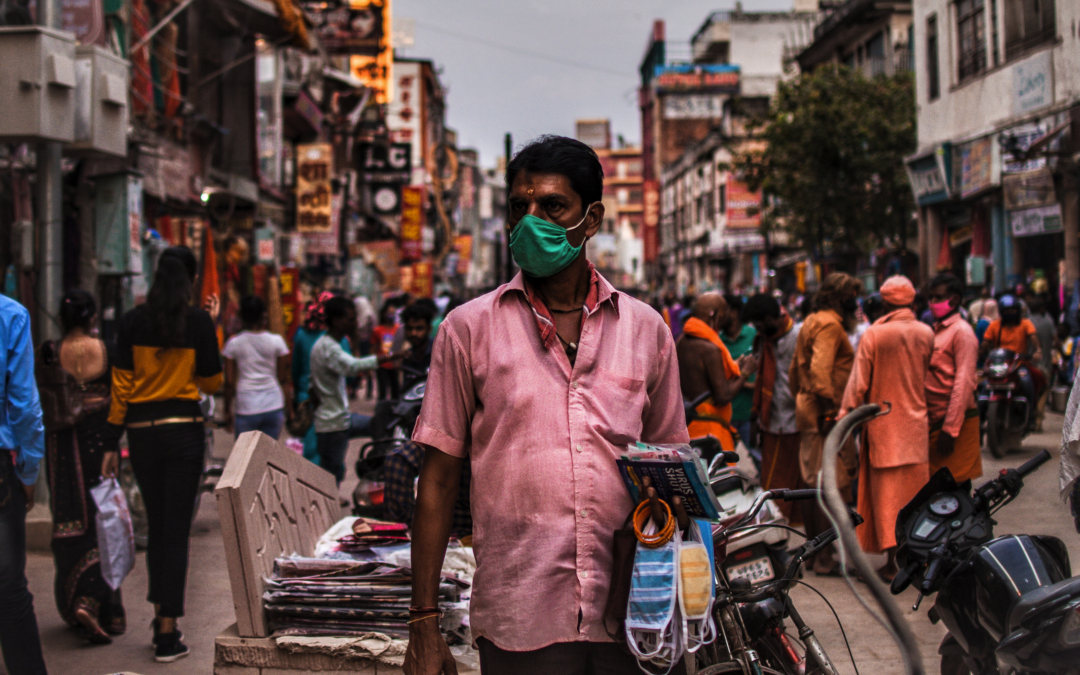Image credit: Shubhangee Vyas via Unsplash
A study was released last week, demonstrating the cost of preventing the next pandemic is “equal to just 2% of Covid-19 economic damage”. The risk of future pandemics is increasing as we continue interacting with wildlife in our current manner. Despite hundreds of billions of dollars worth of efforts to vaccinate, test, and trace, the vast majority of the world is still not fully protected from COVID-19. It’s easy to conclude that once a virus develops into a global pandemic, it’s quite difficult to control. To avoid future pandemics, we can take steps to proactively prevent viruses from developing into pandemics by addressing the root causes of virus transmission from wildlife and making significant changes to how wildlife and people interact.
Root causes of emerging and reemerging zoonoses include human population growth and distribution, global food systems and food safety, legal and illegal trade, climate change, and encroachment into wildlife habitats.
When humans encroach on wildlife habitats, it not only disrupts ecosystems and harms the wildlife but can also enable people and domestic animals to come into direct contact with wildlife. This can create an increased risk for zoonotic diseases to spill into human populations and spread, creating potential pandemics. Avian flu, Ebola, HIV, and Swine flu are well-known examples of diseases that originated from wildlife and spread to humans through wildlife-human interactions. By adopting healthy practices in which both humans and wildlife are able to coexist and thrive, we not only reap the environmental benefits of healthy wildlife populations but also enjoy the direct benefits to humans’ physical and mental health and wellbeing. Leaders and policymakers worldwide can take action on the root causes of the emergence of zoonotic disease spillover. If global leaders implement and enforce restrictions upon human-wildlife interactions, we can prevent the emergence of future pandemics and effectively decrease the intensity and frequency of animal-borne diseases spilling over into the human population.
The Preventing Future Pandemics Coalition, of which OneNature is a member, recommends that decision-makers: impose strict regulations on wildlife trade and wildlife markets that can potentially contribute to zoonotic spillover; reduce deforestation and degradation in tropical and subtropical forests; support sustainable livelihoods in communities in tropical regions; improve and strengthen surveillance for viruses in known spillover hotspots; and support capacity building and information sharing in countries that want help in enforcing restrictions on their national wildlife markets.
Global leaders and decision-makers can reduce the risk of future pandemics now by taking these steps to contain the transmission and spread of zoonotic diseases.
Sources:
Sustaining Global Surveillance and Response to Emerging Zoonotic Diseases
AIDS, Avian flu, SARS, MERS, Ebola, Zika… what next?
‘Spillover’ diseases are emerging faster than ever before– thanks to humans
